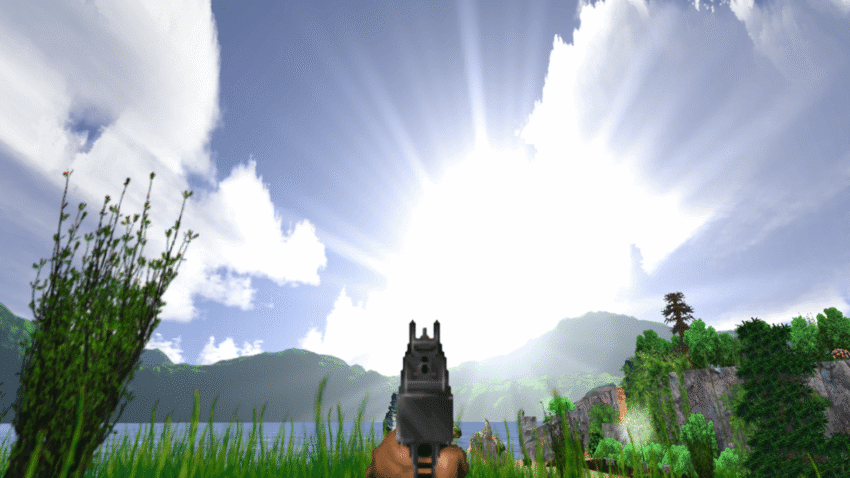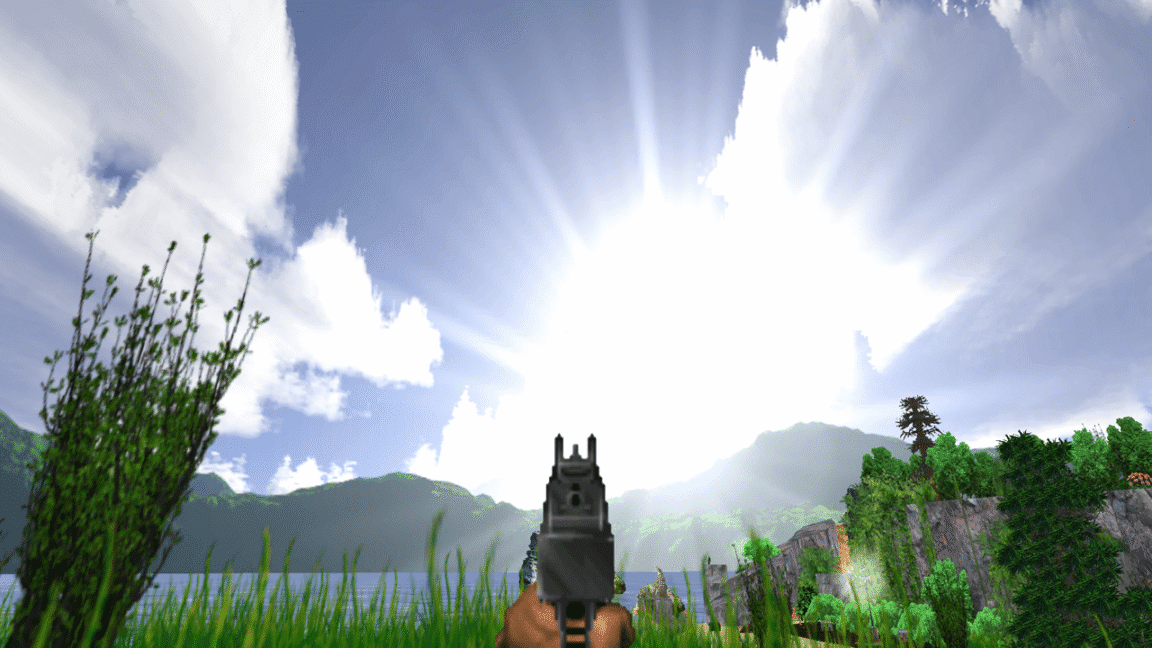
open source gzdoom community splinters after creator The GZDoom community is experiencing a significant split as developers rally around a new fork called UZDoom, prompted by the controversial introduction of AI-generated code into the GZDoom codebase.
open source gzdoom community splinters after creator
Background on GZDoom and Its Community
GZDoom is an open-source port of the classic first-person shooter Doom, which originally debuted in 1993. The project has evolved significantly since its inception, tracing its lineage back to ZDoom, created in 1998. GZDoom enhances the original game by adding modern graphics rendering, quality-of-life improvements, and extensive modding capabilities. This has allowed a vibrant community of developers and fans to create hundreds of gameplay mods, WAD files, and even entire commercial games based on the GZDoom engine.
The open-source nature of GZDoom has fostered a collaborative environment where developers can contribute to the project, share ideas, and innovate. However, this collaborative spirit has recently been tested, leading to a public fracture within the community.
The Emergence of UZDoom
The catalyst for the split was the decision by GZDoom’s creator and maintainer, Christoph Oelckers, known in the community as Graf Zahl, to incorporate untested AI-generated code into the GZDoom codebase. This move has sparked widespread controversy and concern among developers, many of whom feel that the integrity of the project is at stake.
In a post on the DoomWorld forums, developer Nash Muhandes explained the rationale behind the fork, stating, “Due to some disagreements—some recent; some tolerated for close to 2 decades—with how collaboration should work, we’ve decided that the best course of action was to fork the project.” This sentiment reflects a broader dissatisfaction with the current leadership and development practices within GZDoom.
Concerns Over AI-Generated Code
The introduction of AI-generated code into a project like GZDoom raises several concerns. First and foremost is the issue of code quality. AI-generated code, while potentially useful, often requires rigorous testing and validation to ensure it functions correctly within the existing codebase. The lack of testing for the newly introduced code has left many developers uneasy, fearing that it could introduce bugs or instability into the project.
Moreover, the use of AI-generated code raises ethical questions about authorship and originality. The GZDoom community has long prided itself on its collaborative nature, where developers contribute their unique skills and creativity to enhance the project. The reliance on AI-generated code could undermine this ethos, leading to a homogenization of contributions and diminishing the individual creativity that has characterized the community.
Community Reactions
The response to the fork and the introduction of AI-generated code has been mixed within the GZDoom community. Some developers have expressed support for the new UZDoom project, viewing it as a necessary step to preserve the integrity of the GZDoom legacy. Others, however, remain loyal to GZDoom and its original vision under Oelckers’ leadership.
Supporters of UZDoom argue that the new fork will allow for a more transparent and collaborative development model. “I don’t want to see the GZDoom legacy die, as do most all of us,” Muhandes stated. “Hence why I think the best thing to do is to continue development through a fork, while introducing a different development model that highly favors transparent collaboration between multiple people.” This emphasis on transparency and collaboration is seen as a way to revitalize the community and ensure that all voices are heard in the development process.
Implications for Future Development
The split between GZDoom and UZDoom raises important questions about the future of both projects. For GZDoom, the challenge will be to regain the trust of its developer community and ensure that its codebase remains robust and reliable. Oelckers will need to address the concerns raised by developers regarding the use of AI-generated code and demonstrate a commitment to quality and collaboration moving forward.
On the other hand, UZDoom presents an opportunity for developers who feel disenfranchised by the current leadership of GZDoom. By establishing a new development model, UZDoom could attract a diverse group of contributors who are eager to innovate and push the boundaries of what is possible within the Doom modding community. However, the success of UZDoom will depend on its ability to maintain a cohesive vision and foster a collaborative environment among its developers.
The Broader Context of AI in Game Development
The controversy surrounding AI-generated code in GZDoom is part of a larger conversation about the role of artificial intelligence in game development. As AI technologies continue to evolve, developers are increasingly exploring their potential applications in various aspects of game design, from procedural content generation to automated testing.
While AI can offer significant advantages, such as speeding up development processes and generating new ideas, it also poses challenges that must be carefully navigated. The GZDoom situation serves as a cautionary tale about the need for transparency, quality control, and ethical considerations when incorporating AI into creative projects.
Stakeholder Perspectives
The perspectives of various stakeholders in the GZDoom community are crucial to understanding the implications of this split. For developers, the ability to collaborate effectively and maintain a high standard of quality is paramount. Many developers have invested significant time and effort into GZDoom, and the introduction of untested AI-generated code threatens to undermine their contributions.
For players and fans of GZDoom, the split may lead to a fragmentation of the community and a dilution of the quality of mods and games based on the engine. Players often rely on a vibrant ecosystem of developers to create new content, and any disruption in that ecosystem could impact their experience.
Conclusion
The fracture within the GZDoom community highlights the complexities of collaborative development in the age of AI. As developers navigate the challenges posed by new technologies, the importance of maintaining a strong community ethos and commitment to quality cannot be overstated. The emergence of UZDoom represents a significant moment in the history of GZDoom, one that could redefine the future of Doom modding and inspire other communities facing similar challenges.
As both GZDoom and UZDoom move forward, the outcomes of this split will likely resonate beyond the immediate community, influencing discussions about the role of AI in game development and the importance of collaboration in open-source projects.
Source: Original report
Was this helpful?
Last Modified: October 17, 2025 at 4:39 am
3 views















